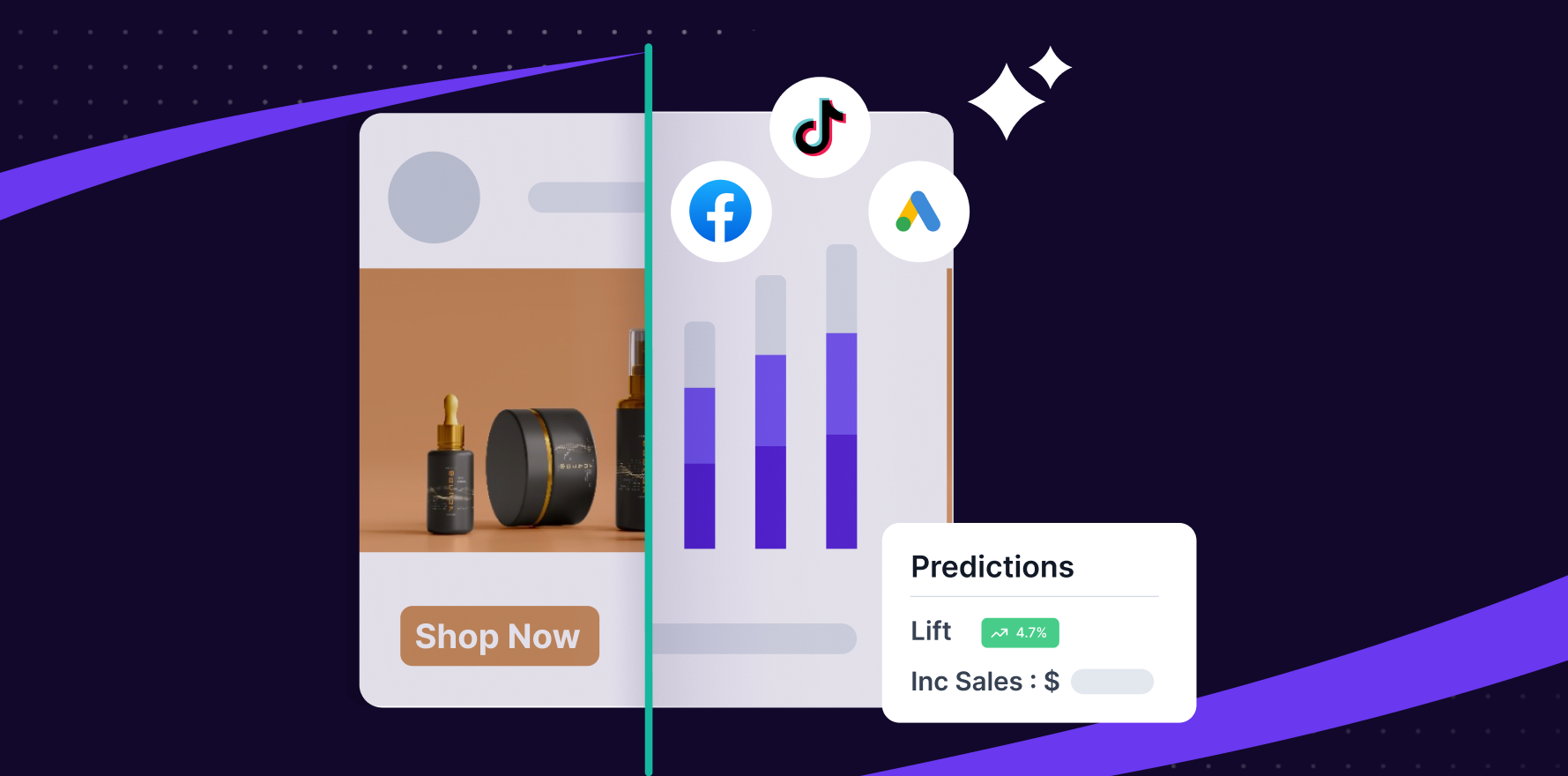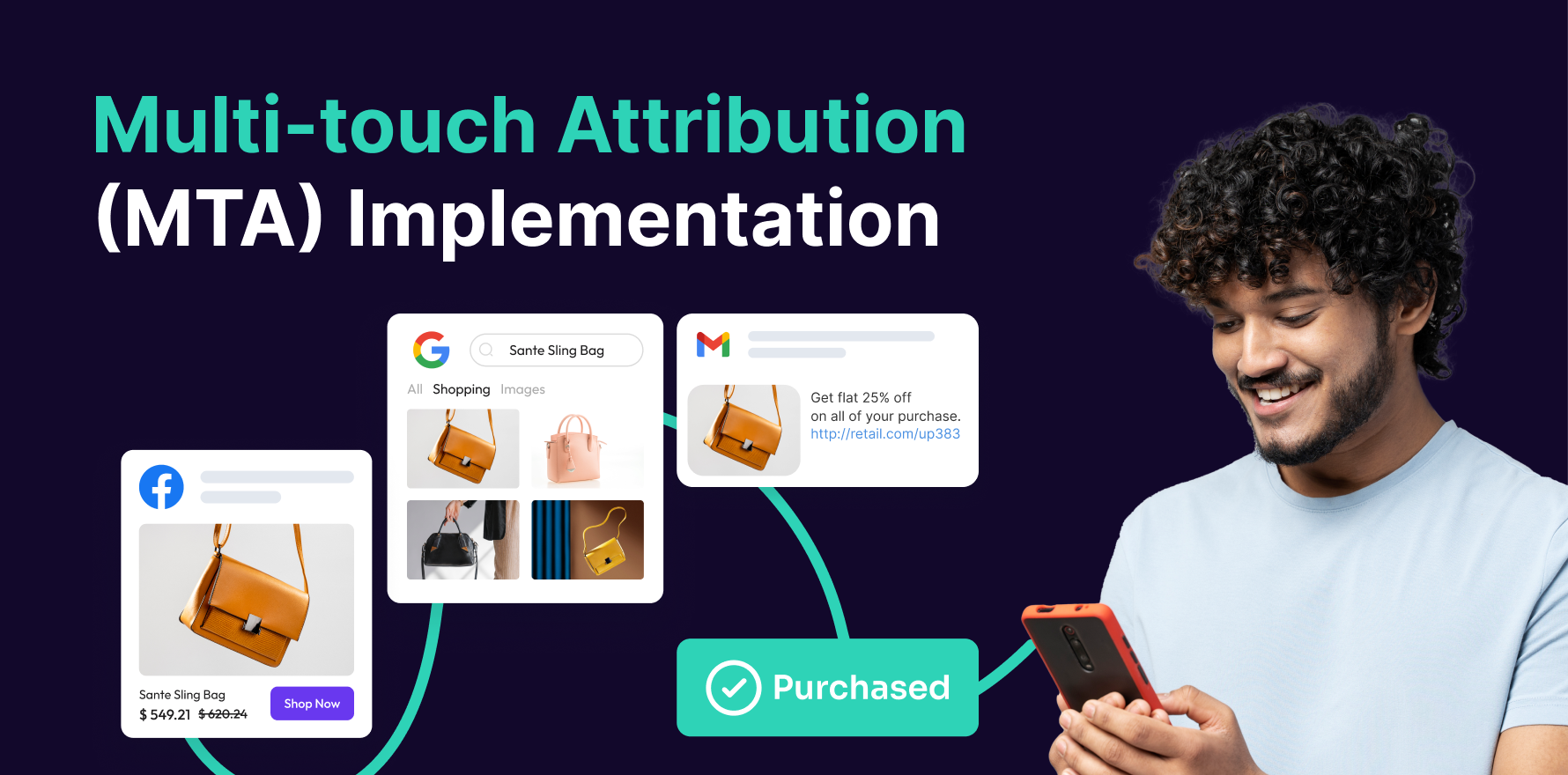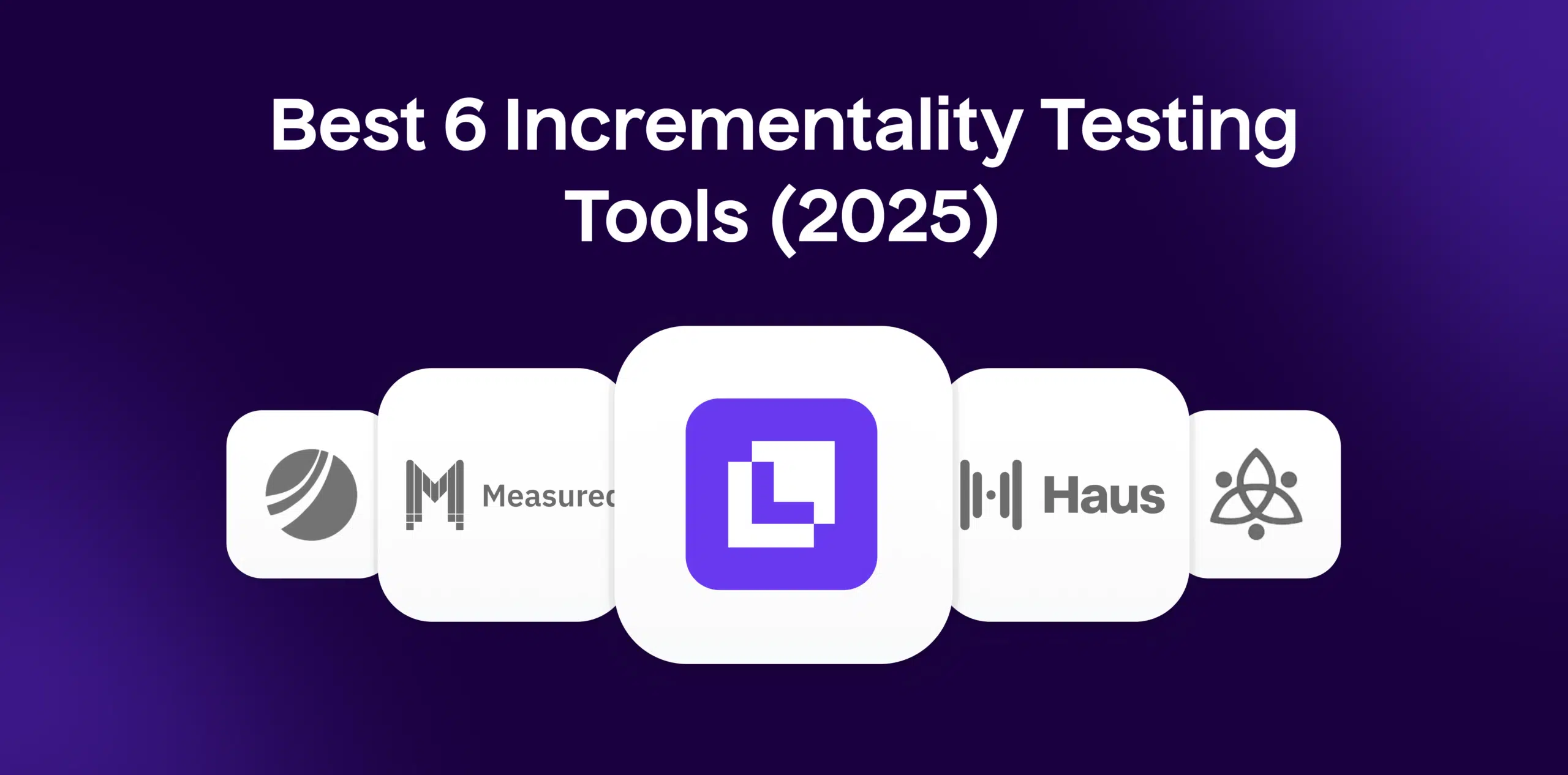What is Application Programming Interface?
The world of digital commerce is abuzz with APIs, which have become the building blocks of modern digital commerce. An API is a software-to-software interface that enables two applications to communicate with each other without any user intervention. It functions as a gatekeeper, allowing developers to access certain functionalities or data from software applications, services, or platforms. APIs are defined sets of rules and protocols designed to help programs communicate effectively.
The concept of API can best be described using a waiter-restaurant analogy. In a restaurant, you (the user), give requests to a waiter (API), who then delivers the requests to the kitchen (software application) and brings back your orders (data or services requested).
In an ecommerce context, APIs integrate diverse functions such as payment gateways, shipment tracking, customer reviews, and more to provide a seamless shopping experience.
Formula
The exact construct of an API could vary based on its purpose, programming language, and the platform it is intended to interact with. However, its basic structure involves:
The endpoint: The specific URL where the API can be accessed.
The method: The action to be performed, often defined as HTTP methods like GET, POST, PUT, DELETE, etc.
The headers: Information that includes metadata about the request.
The data (or body): The information being sent by the API in case of a request.
Example
For an online store, when a customer places an order, the ecommerce platform might communicate with the payment gateway through an API to verify payment details and confirm the transaction.
Why is API important?
APIs run ecommerce. They power intricate business processes from inventory management to customer service. With APIs, e-retailers can track orders, update product details, manage customer information, connect with shipping providers, and much more. They help businesses in implementing third-party integrations, achieving process automation, expanding market reach, and enhancing user experience.
Which factors impact API?
Improvements to any API should focus on ensuring simplicity, high-speed response, robust security, and comprehensive documentation. Regular reviews, monitoring performance metrics, updating based on user feedback, and investing in advanced technologies such as AI can improve API performance.
How can API be improved?
The efficacy of APIs can be influenced by various factors such as inadequate documentation, poor error handling, changes in backend infrastructure, and outdated security protocols.
What is API’s relationship with other metrics?
APIs contribute directly or indirectly to crucial ecommerce metrics like conversion rates, cart abandonment rates, customer lifetime value, customer retention, and user engagement. The more seamless and efficient an API is, the better the user experience, which can lead to improved metrics.
Free essential resources for success
Discover more from Lifesight














